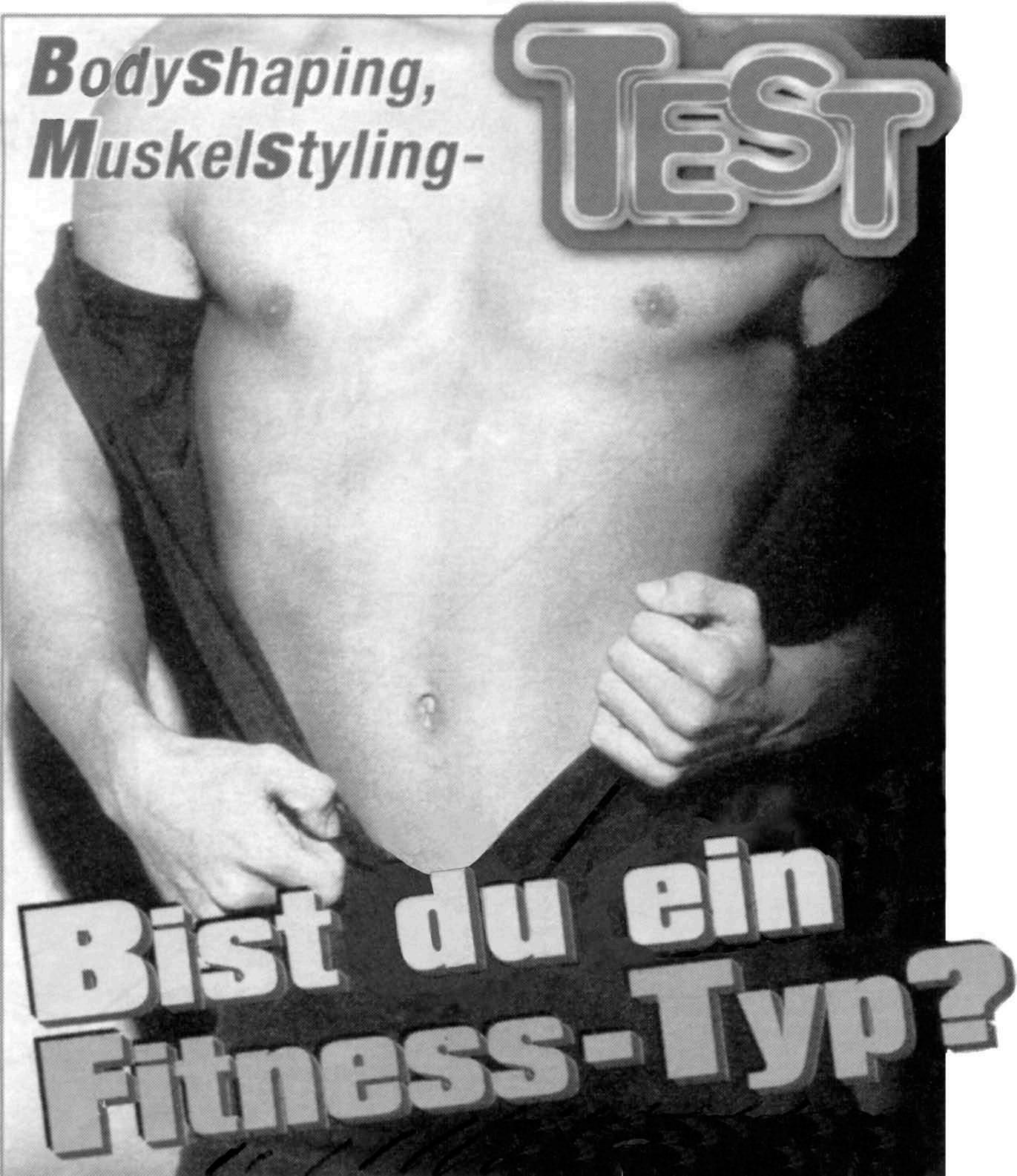112
Verbs: uses
Modal auxiliaries have a full range of tenses, unlike the English modal verbs. The various possibilities are illustrated for können:
tense
infinitive type
present present future past perfect pluperfect past subj. past subj. pluperf. subj.
infinitive perfect infinitive infinitive infinitive infinitive infinitive infinitive perfect infinitive infinitive
Er kann es machen. Er kann es gemacht haben. Er wird es machen können. Er konnte es machen. Er hat es machen können. Er hatte es machen können. Er könnte es machen. Er könnte es gemacht haben. Er hätte es machen können.
He can do it. He can have done it. He will be able to do it. He was able to do it. He has been/was able to do it. He had been able to do it. He could do it. He could have done it. He would have been able to do it.
Especially in everyday speech, the main verb can be omitted in certain contexts if the meaning is clear. This is common with verbs of motion (e.g. gehen, kommen, fahren) and with the verb tun: Er darf nicht nach Paris. [fahren] Ich will heute nicht in die Disko. [kommen] Das konnten wir einfach nicht. [tun]
He isn’t allowed to go to Paris. I don’t want to come to the disco today. We just couldn’t do it.
7.14 dürfen dürfen most often expresses permission ( ‘be allowed’, ‘may’): Sie dürfen hereinkommen. Sie durften hereinkommen.
They may/are allowed to come in. They were allowed to come in.
With nicht, this is the equivalent of English ‘must not’: Sie dürfen nicht hereinkommen.
They mustn’t/are not allowed to come in.
The subjunctive II of dürfen expresses probability ( ‘will (probably)’): Das dürfte reichen. That will probably be enough. Die Jacke dürfte ein Vermögen gekostet haben. That jacket will have cost a fortune.
With nicht, the subjunctive II of dürfen corresponds to English ‘shouldn’t’ or ‘oughtn’t’: Das dürfte sie gar nicht wissen. Das hätte er nicht machen dürfen.
She ought not to know that. He shouldn’t have done that.










